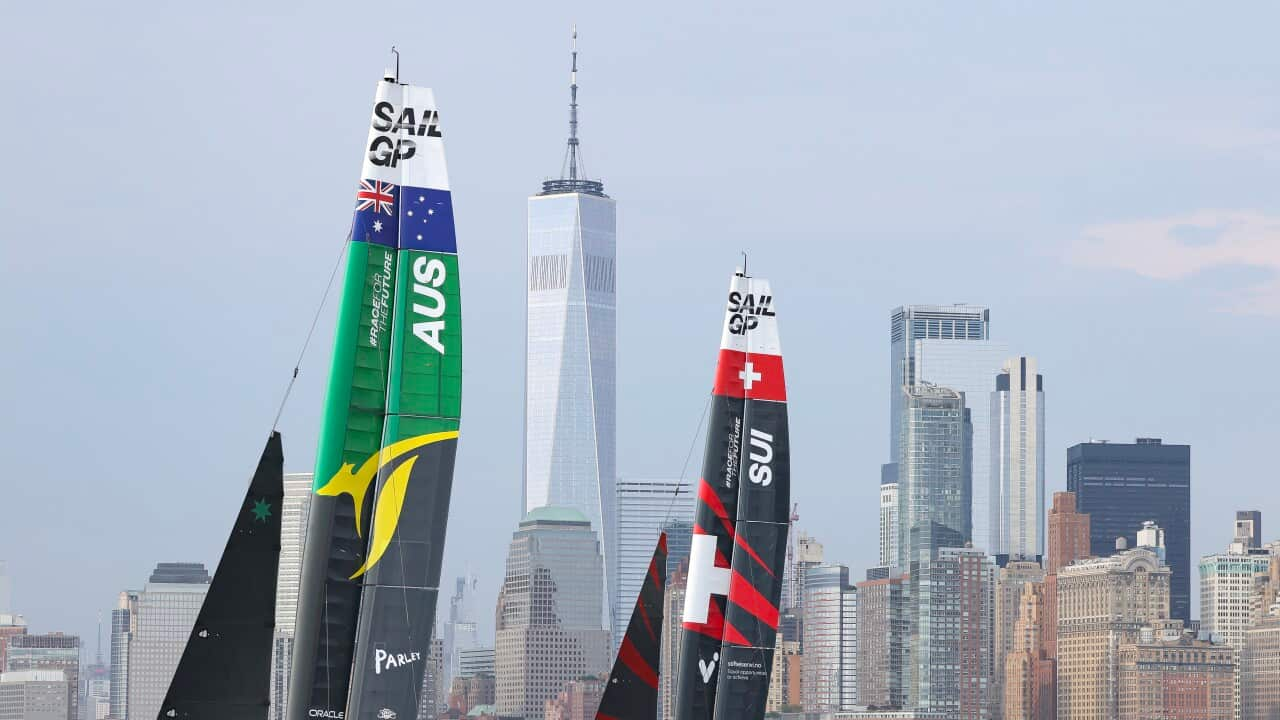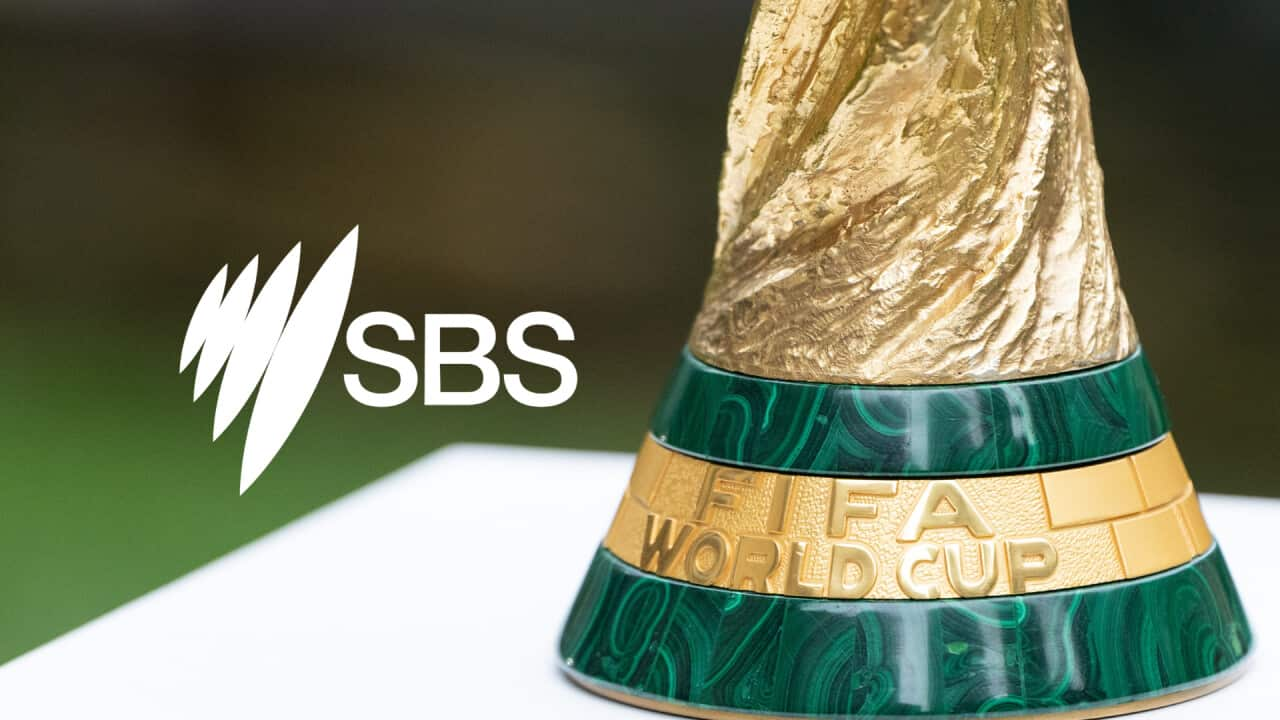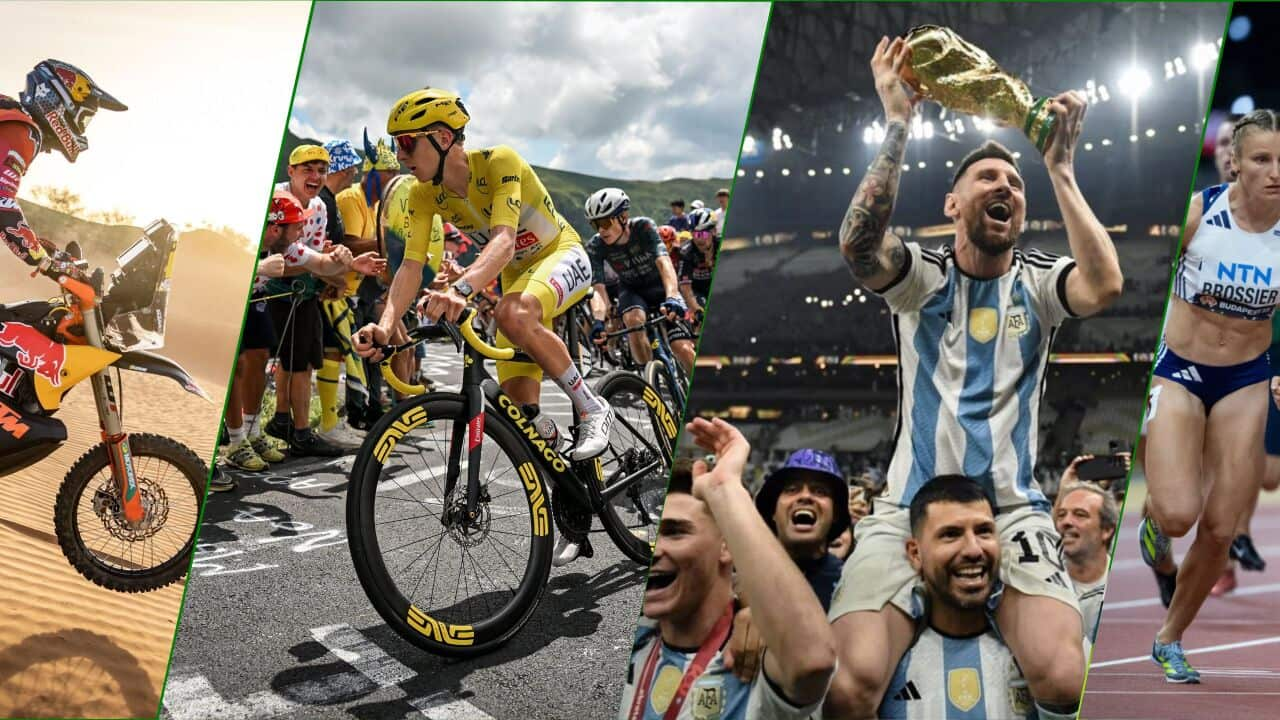Fresh off an impressive showing at the Giro d'Italia, where Haig was an ever-present force on the climbs for his team leaders, the Queensland-born 24-year-old sat down with Cycling Central to talk about where he is in his cycling career.
"It's quite a rewarding feeling and very much a confidence boost. Someone once told me, 'everyone who comes up through the under 23s, they all have potential and everyone can talk about you as much as they like but it's still until you show anything that that potential is worth anything'.
Haig had a rude introduction into what would turn out to be a great Giro, crashing during the opening prologue and having to deal with the discomfort and pain that came as a consequence during the early stages. Once the race entered the mountains, it was time to shine, immediately proving himself a difference-maker as he drove a breakaway to help Esteban Chaves pick up the Stage 6 victory.
"The Giro was particularly rewarding because I knew if I did that well we had two leaders in Esteban (Chaves) and Simon (Yates) that would be able to pull off a result," he said. "The other part of it was the self-confidence... the belief in myself that I can be there with some of the best riders in the world."
Mitchelton-Scott went into the Italian Grand Tour with a roster stacked with climbing support for their leaders, including Mikel Nieve and Roman Kreuziger, who have both finished in the top ten of Grand Tours multiple times in the past.
"The role changed a little bit there," Haig said. "I was supposed to be the third or fourth person that was there to help and maybe not be there in the final. More to help out on the flatter stages and be there for part of the mountain stages.
"Once I started racing and realised that my form was really good, the team shuffled things around and I ended up being always the last person for Simon.
"That worked out well as Simon and I have quite a good relationship, without having to say too much to each other about how each of us works. I think that goes a long way as without that connection it's really hard to do that final job. Because that final job, if you stuff up a little bit, it can have big consequences.
"I'm someone that enjoys working for someone and sacrificing for someone. Especially someone that can finish the job off. It's way easier to go deeper and work harder for that person that you have confidence in to finish the job."
With his history of strong showings at key stages of his career and recent top-tier performances, Haig is tipped for the top of the sport, to be one of the supported riders in the biggest races, rather than the helper. It is this work as an understudy to the likes of Yates and Chaves, soaking up valuable experience of how to tackle being a leader in the big races, that will be crucial to his future success.
"You can always take little bits away from them," Haig said. "Just the refinement and the extra thought and care they put into things like recovery and those sort of things.
"You don't think of that so much as a worker person but as a leader it's everything. You need to be on top of everything and that's certainly something I'll take away."
The emotional rollercoaster of professional sport was on full display for Mitchelton-Scott at the Giro, with the highs of five stage wins and Yates's long stint in the pink jersey contrasted by the agony of massive time losses and a maiden Grand Tour victory for the team slipping away.
"The most emotional day was the Finisterre where Simon lost the time,'" Haig said. "The finish in Rome, it was all a bit strange with the stage being neutralised for GC and only 40 or so guys racing in the finish.
"We sort of got all the emotion after the day at the Finisterre, we all had a big chat around the dinner table, each said our piece and left it there.
"Everyone takes motivation out of what we did at the Giro, despite not winning the race. We all had great performances there. Regardless of what role you were playing on the team, everyone performed super well and the confidence that we got from the Giro will go into the next race for sure."
For Haig, that next race will be the Tour de Suisse. He'll take on the leadership role there, not for the first time, but it's the most prestigious race that the red-headed youngster has had the opportunity to star in.
"Practising actually leading, at the Tour de Suisse, will be an important learning curve," he said. "Just being called the leader and in the team meetings having people assigned to work for you, with the extra pressure that comes with.
"You can be real nervous when there are seven other guys in the bus and the director's at the front talking about how you are going to win the race and how you'll do your best. I think that's what I'll have to work on next in my development."
The humility to not have the arrogance to demand the leadership, even with Haig's obvious talent, serves him well elsewhere. Not afraid to admit what he doesn't know, he's keen to see what be lessons can be learnt from this Tour de Suisse and how his body will behave just two weeks after a brutal edition of the Giro.
"I don't really know to be honest," Haig said. "I don't think anyone does. When you talk to people about what to do after a Grand Tour, no one has a formula or even a rough idea of what to do after putting that sort of stress on your body. Everyone responds differently to it.
"Sometimes you do everything right, or you feel you do and it's all wonderful but you won't perform. Then other times it feels like not the right thing or something a bit random and it works out.
"I'm not putting too much pressure on myself [at the Tour de Suisse] as it will depend a lot on how my body comes up. You talk to anyone who raced the Giro this year and they'll say it was one of the hardest Grand Tours they've ever done."
Despite his accent and Australian sensibility, Haig is essentially a full-time Andorran these days. With a long-term partner and a recent addition to the household of a Spanish Water Dog, who made himself heard during the interview, Haig doesn't fit the mould of most Australian professionals.
"I actually haven't gone back to Australia since I turned pro," he said. "To be honest, I don't think I'll be back this year for winter, or rather the Australian summer. Probably the year after, but I just enjoy the downtime and being at home.
"You'd be surprised about how little you spend at home during the season, so it's nice to have that time when the racing winds down. Otherwise, it's finding a place to rent back in Australia, then only coming home (to Andorra) briefly before racing starts again. Then you're not really calling anywhere home."










